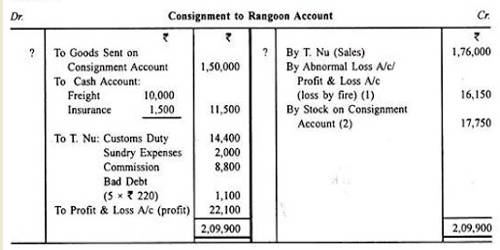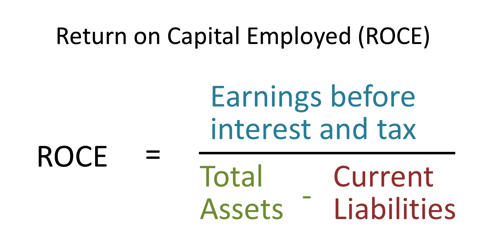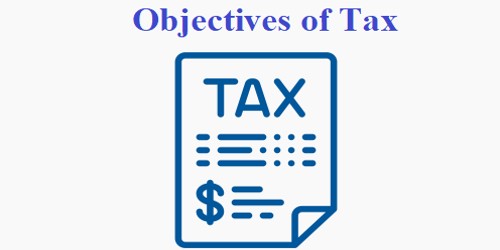The consignor records this prearranged amount with a debit to cash and a credit to sales. Merchandise that is not owned by the party in possession of the goods. It also purges the related amount of inventory from its records with a debit to cost of goods sold and a credit to inventory. This means that the merchant has possession of the five items and will attempt to sell them for a commission, but the merchant does not own the items.
Common Terms Used in Accounting for Consignment of Goods
(1) Consignment
The dispatch or transfer of goods to an agent for the purpose of sale on behalf and risk of principal is known as a consignment. It occurs when goods are sent by their owner (the consignor) to an agent (the consignee), who undertakes to sell the goods.
(2) Consignor
The owner or principal who sends the goods to an agent is known as a consignor. The consignor is the sender of a consignment while the consignee is the receiver of the consignment.
(3) Consignee
The agent to whom the goods are sent is known as consignee. The consignee may be a buyer or just an agent who acts on behalf of the consignor.
(4) Consignment Outward And Consignment Inward
The goods sent by the consignor to the consignee are consignment outward. The same goods will be consignment inward for the consignee. The ownership of the goods or the consignment remains with the consignor until the goods have been paid for in full by the consignee.
(5) Pro-forma Invoice
It is an invoice prepared by the consignor and sent to the consignee detailing the weight or quantity and the price at which the goods are to be sold. This statement is called the Pro forma invoice. It is evidence of consigned goods indicating the price at or above the consignee will have to sell the goods.
















